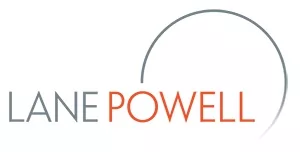On January 15, The U.S. Supreme Court declined to accept our certiorari petition. That means there will be no further judicial review of the Washington Supreme Court's Quinn decision holding that the capital gains tax is a constitutionally valid excise tax — rather than an income tax violating the Washington State Constitution's Uniformity Clause.
Individuals who pay the capital gains tax can still challenge the tax as it applies to them. However, the only way this Washington state tax will be eliminated is via ballot initiative (possible), or a change in legislative priorities (unlikely). With respect to the former, a group called Let's Go Washington collected signatures to support ballot measure I-2109 which, if adopted, would repeal the capital gains tax. If the signatures are certified, the initiative will be considered by the state legislature in the current legislative session (probably within 60 days). The legislature can adopt the initiative, reject it, or propose alternative changes to the tax. If they decide to reject the initiative or to propose alternatives, the measure (and any legislative alternatives) will appear on the November 2024 ballot to be decided by the people.
If the capital gains tax is not repealed by this coming November, we predict two things in 2025. First, the rate of tax will soon increase, and the threshold exemption (adjusted for inflation in 2024 to $262,000) will decrease. Second, there will be a number of lawsuits filed against the state of Washington based on how the tax is applied, e.g., on deemed gains for IRC 1256 contracts.
In the meantime, we will continue to help our clients navigate (and minimize) this tax.
The content of this article is intended to provide a general guide to the subject matter. Specialist advice should be sought about your specific circumstances.



